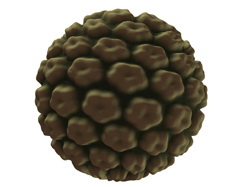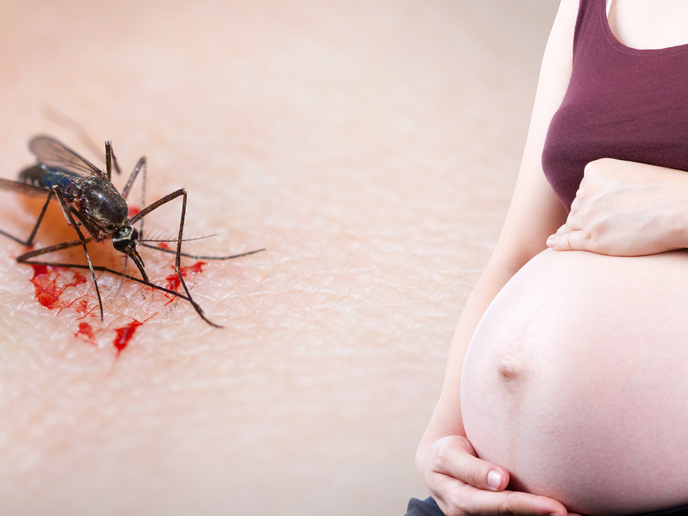HPV infection status in Indonesia
HPV is the world's most common sexually transmitted disease (STD), with over 250,000 women every year dying by progressive HPV-related disease. To tackle transmission and prevent HPV-induced cervical cancer, scientists across the globe are investing in the development of prophylactic vaccines against HPV. Evidence from healthy individuals indicates a strong immune response against HPV proteins, which is however absent from infected patients. Since HPV transmission is a serious problem in developing countries, the ‘HPV pilot action Indonesia’ (PAHPV-1) project performed a pilot study to determine the transmission risk and immune responses in individuals in Indonesia. As a first step, the PAHPV-1 project concentrated on raising awareness and organising screening facilities in Indonesia. HPV awareness was integrated into an existing STD-education and prevention programme, and patient information and informed consent were translated into the local language. Local staff consisting of doctors, nurses and laboratory personnel received training in diagnosing abnormal cervices, screening Pap smears and treating abnormal lesions. Also, technical aspects of preparing and freezing blood samples were explained. The screening process identified 19 different HPV types in 27 % of the healthy women. In women with HPV-related diseases, HPV 52 was the most common in the premalignant lesions, whereas HPV 16 had the highest prevalence in the carcinoma group. Analysis of peripheral blood showed the absence of HPV-specific T cells in women with HPV-related disease. PAHPV-1 managed to raise awareness on the risks of HPV infection in Indonesia and train local authorities on how to detect and treat related infections. Results will be used to select individuals in need of specific anti-HPV vaccination.







